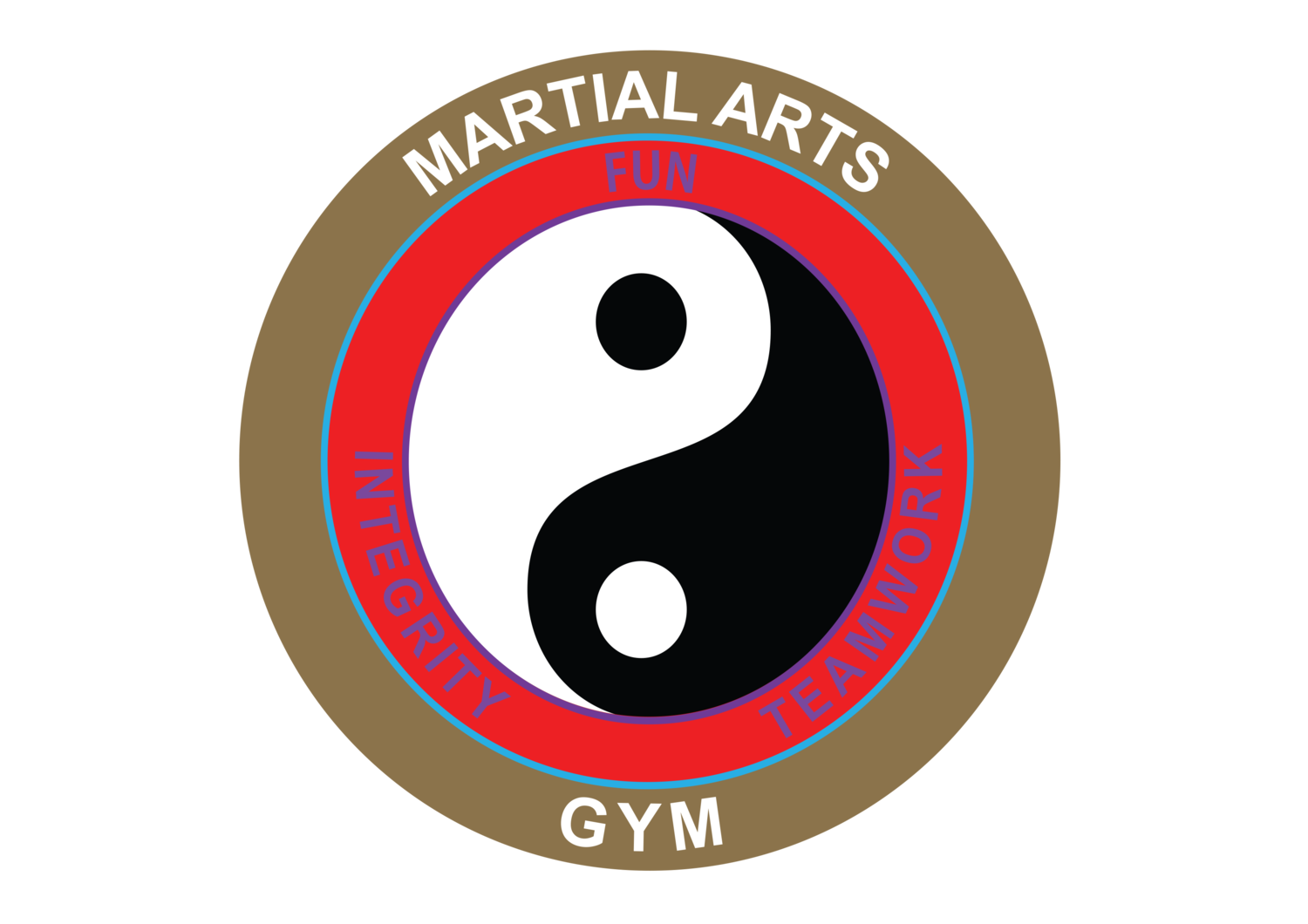Blog 7 understanding joints through nutrition
What are tendons?
Here is a little bit of information to help us approach fitness from another angle, the best angle no matter how much guidance I can give, is the approach that fits best for you.
Muscles tend to hog the spotlight when it comes to recovery and sports nutrition, but if you’ve ever injured a joint, then you know that your muscles are pretty useless without your tendons and ligaments.
Tendons are thick bundles of collagen that connect muscle to bone and allow movement, while ligaments are flexible bundles of collagen that connect bone to bone and protect your joints.
They have slightly different functions in the body, but they are both forms of connective tissue made up of collagen, elastin, proteoglycans (chains of sugars attached to proteins), and minerals like copper, manganese, and calcium.
Kale is a great source of vitamin C which is good for your connective tissues.
Foods That Strengthen Your Tendons and Ligaments
Nutrient rich Food Sources
Vitamin C
Bell peppers, guava, kale, turnip greens, kiwi, broccoli, berries, oranges, grapefruit
Manganese
Clams, hazelnuts, pecans, walnuts, pumpkin seeds, chia seeds, flaxseeds, tofu, tempeh, lima beans, spinach, pineapple
Vitamin B6
Chickpeas, salmon, chicken, turkey, potatoes, sunflower seeds, spinach, bananas
Vitamin B12
Clams, trout, salmon, beef, eggs, fortified cereals, fortified soymilk
Magnesium
Spinach, almonds, peanuts, cashews, soymilk, black beans, avocado
Zinc
Oysters, beef, lobster, pork chop, baked beans, chicken, cashews, chickpeas
The majority of connective tissue consists of a protein known as collagen. In order to make collagen, your body requires vitamin C and the mineral manganese.
Vitamins B6 and B12 support nerve function and aid in the formation of amino acids. Amino acids are the building blocks of protein, which are used to form muscles, tendons and ligaments.
These B vitamins are found mostly in animal products, but you can also get them in a multivitamin or B complex vitamin. If you choose to take a supplement, look for methylcobalamin (B12) and pyridoxal-5-phosphate (B6), the active forms of these vitamins.
Magnesium is a mineral that aids in muscle relaxation, bone formation, and protein synthesis. It can be found in a standard multivitamin, or taken by itself.
Zinc is another mineral that aids in protein synthesis and tissue formation, as well as immune support.
As you can see, consuming a variety of fruits and vegetables is the best way to ensure that your body is getting all the nutrients your tendons and ligaments need.


